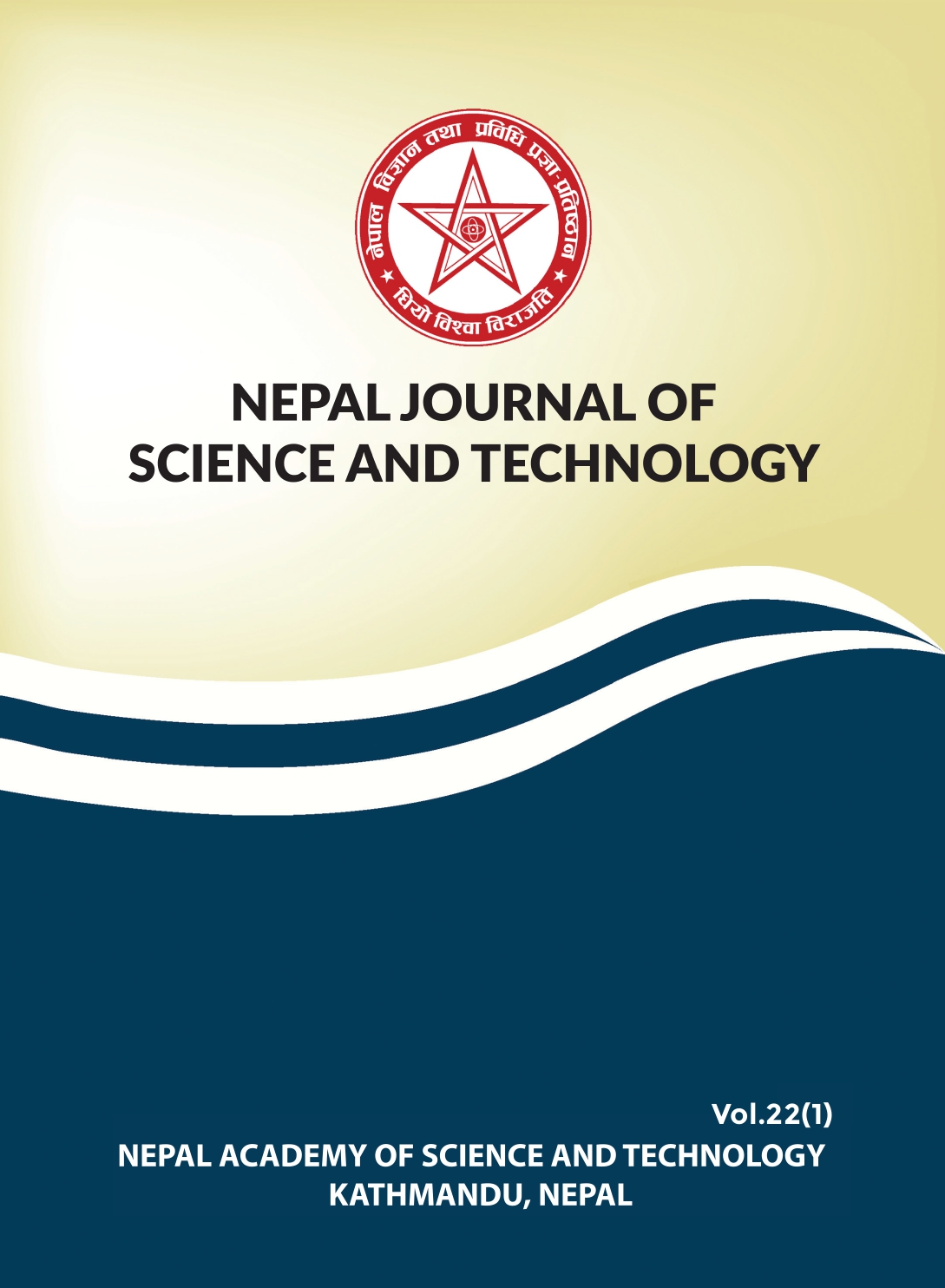The Preliminary Online Survey on E-waste Literacy in Nepal
DOI:
https://doi.org/10.3126/njst.v22i1.67161Keywords:
Electrical and electronic equipment (EEE), E-waste, International policies, Online survey, NepalAbstract
Electrical and electronic wastes (E-wastes) are complex waste and a new to the community. They are boon of new advanced technology serving the sophisticated society on the Earth; however, they are disaster from environmental point of view. E-waste is complex in its composition with small quantities of expensive metals such as Gold, Silver, Platinum, and Copper and even toxic metals such as Lead, Cadmium, and rare earth metals (including Yttrium, Indium and many more). Knowing the value of these metals and their recyclability as well as the toxicity of some constituents, it has become important to develop proper regulations as well as appropriate strategies and technologies to extract and detoxify all the elements present in them. Moreover, that one should know the type of waste he or she is producing and be responsible for its proper management. With these concerns, from September 6 - Oct 6, 2020 during Covid-19 lockdown period, an online survey was conducted by creating a Google form in which 453 participants submitted their opinion responding to the queries prepared in the form. The survey was requested by sending group E-mails and the virtual platform of Facebook, messenger with tagging many people in academia, waste management, stakeholders of science waste workers and many other people in community for wide dissemination of survey. During the pandemic lockdown the whole world was subjected to virtual platform. Education sector came first in the virtual platform during lockdown and the data response show that women from education background are in majority due to their free time waiting for virtual class. The survey showed ratio of women respondents higher than men, (with women to men ratio of 1.6:1 and 76 % were students). The higher numbers of replier were from the age group of 17-40. The replies indicated that 63% of reporters were aware of the E-wastes. However, 83% of people know the health hazard of E-waste. The interesting part of the survey was that 73.7% of respondents were segregating E-waste from other wastes due to their economic value. As 75% reported their knowledge about precious metal contents in it and 80.6% knew their recyclability. The survey revealed that a significant fraction of the population, especially comprising the students, was literate on E-wastes knowing about their economic values and possible hazards to health and the environment.
Downloads
Downloads
Published
How to Cite
Issue
Section
License
Copyright (c) 2023 The Author(s)

This work is licensed under a Creative Commons Attribution-NonCommercial 4.0 International License.
Authors retain copyright and grant the journal right of first publication.




